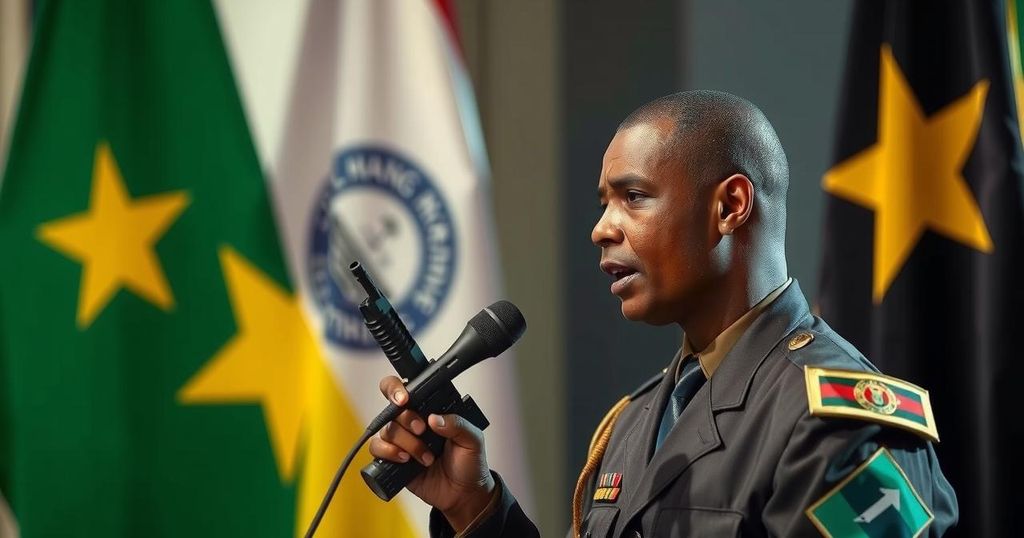Thailand’s Apology for Tak Bai Massacre: A Long Wait for Justice
On October 5, 2023, Thai Prime Minister Paetongtarn Shinawatra apologized for the 2004 Tak Bai massacre of 85 Muslims, a response to a violent military crackdown. Despite international condemnation and legal efforts, accountability for the massacre remains unfulfilled, prompting concern from UN experts regarding human rights obligations and the statute of limitations for those involved. Families continue to seek justice as the legal proceedings face expiration and future hearings are scheduled against a backdrop of unfulfilled accountability.
On Thursday, Thai Prime Minister Paetongtarn Shinawatra formally apologized for the 2004 Tak Bai massacre, where 85 Muslim protesters were killed during a violent crackdown by security forces. The apology marks a significant moment two decades after the event, which involved a lethal response to a protest in Narathiwat, part of Thailand’s southern Muslim-majority provinces. The chaotic confrontation resulted in the deaths of seven individuals due to gunfire, and a further 78 suffocated while detained under inhumane conditions in military trucks. The massacre has been condemned internationally, symbolizing the tragic clashes between the Thai state and the Malay Muslim minority amid ongoing separatist tensions that have claimed over 7,600 lives since their resurgence. Attempts to hold those responsible accountable have persistently failed. Most recently, two legal cases against senior officials involved in the crackdown have stalled, with key defendants failing to attend court hearings. The approaching expiration of the statute of limitations raises concerns that justice may remain elusive for the victims’ families. In light of these developments, United Nations human rights experts have expressed deep concern regarding the lack of accountability for the heinous acts committed during the Tak Bai incident. They highlighted that a failure to pursue justice violates Thailand’s human rights obligations and called for immediate action to ensure victims’ families receive truth, justice, and reparations. Furthermore, they urged a thorough investigation into the fate of additional individuals who disappeared amidst the tragedy.
The Tak Bai massacre stems from a long-standing separatist conflict in southern Thailand, where a substantial population of Malay Muslims has resisted Thai state control. This unrest, characterized by violence and military crackdowns, has resulted in thousands of deaths over the past two decades. The 2004 incident has been particularly remembered due to its brutality and the systematic failures of the justice system that followed. The Thai government’s past investigations into the massacre, including attempts to prosecute senior military officials, have not only been insufficient but have led many to fear that both accountability and justice are dwindling with the passage of time. The ongoing conflict and its historical roots highlight the complexities of governance and ethnic relations within Thailand.
The apology offered by Prime Minister Paetongtarn Shinawatra reflects a recognition of past atrocities, yet the lack of accountability for the Tak Bai massacre underscores systemic failures within the Thai judiciary. The looming expiration of legal actions threatens the pursuit of justice for the families affected. The intervention of UN experts further emphasizes the critical nature of addressing historical wrongs and ensuring that such human rights violations do not go unresolved. The plea for justice remains a haunting reminder of the need for comprehensive accountability in the face of impunity.
Original Source: www.arabnews.com




Post Comment